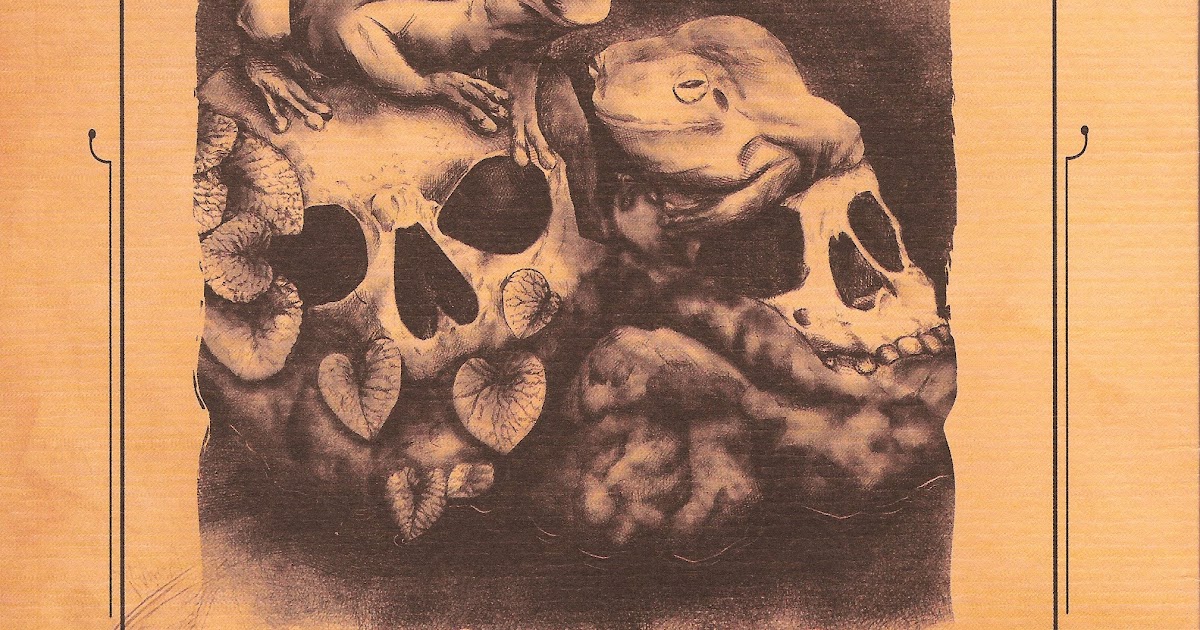
Language: Español
Year of publication: 1830
Valuation: can be read
The inhabited underground It is a nineteenth-century and traditional novel. Nineteenth-century because it was written in the 19th century and presents the narrative schemes, tropes and vices of the time. Castiza because we owe it to the pen of Manuel Benito Aguirre, a primary school teacher, journalist and candidate for deputy in the Cortes from Soriano.
A nineteenth-century and traditional novel, then. Also of adventure, since in less than a hundred pages it stuffs all kinds of misfortunes (there are two consecutive shipwrecks, two!) and adventures (among which are the assault by bandits, the boarding of some pirates or the discovery of a hidden civilization).
The inhabited underground follows in the footsteps of Timancio, orphaned since childhood who, as a young man, flees his homeland with his beloved Adela after murdering a love rival in a duel.
Although I have appreciated Benito Aguirre’s novel as a historical curiosity, I must admit that it has aged quite poorly and is weak in many areas:
- His style. Not only is it archaic, but, to narrate the slightest event, it engages in a tangle of convoluted syntax, moth-eaten lexicon, dramatic soliloquies and tangential moral reflections. Look, for example, at how he communicates that Timancio falls asleep on page 13: “fatigue and exhaustion had exhausted my strength and my powers were no longer in a state to exercise their functions, so that sleep soon took over.” of all of them.
- Your argument. It forces the reader to suspend disbelief too much. Likewise, it is reminiscent of a soap opera: the concatenation of far-fetched and implausible events, the forced coincidences, the gratuitous twists, the false deaths, the mistaken intentions of various characters, the Manichaeism of the majority of the cast…
- Your pace. It seems extremely inconsistent. Sometimes the plot stagnates due to the cumbersome prose and the focus on scenes or details that are unnecessary for the whole, and other times the events are chained together with hardly any respite.
- Their characters. Except for the protagonist, who is less blameless than usual in this type of story, they are too flat (altruistic and magnanimous supporting characters or irredeemable villains).
- His moral digressions. They don’t always contribute much. Furthermore, they are quite outdated today, since their praise of the pleasures of society seems excessive, and their ethnocentric vision is decidedly colonialist.
Summarizing: The inhabited underground It is a curious novel, but it will hardly convince the contemporary reader, even if he approaches it aware of the context to which it belongs.

Source: https://unlibroaldia.blogspot.com/2024/06/manuel-benito-aguirre-el-subterraneo.html


